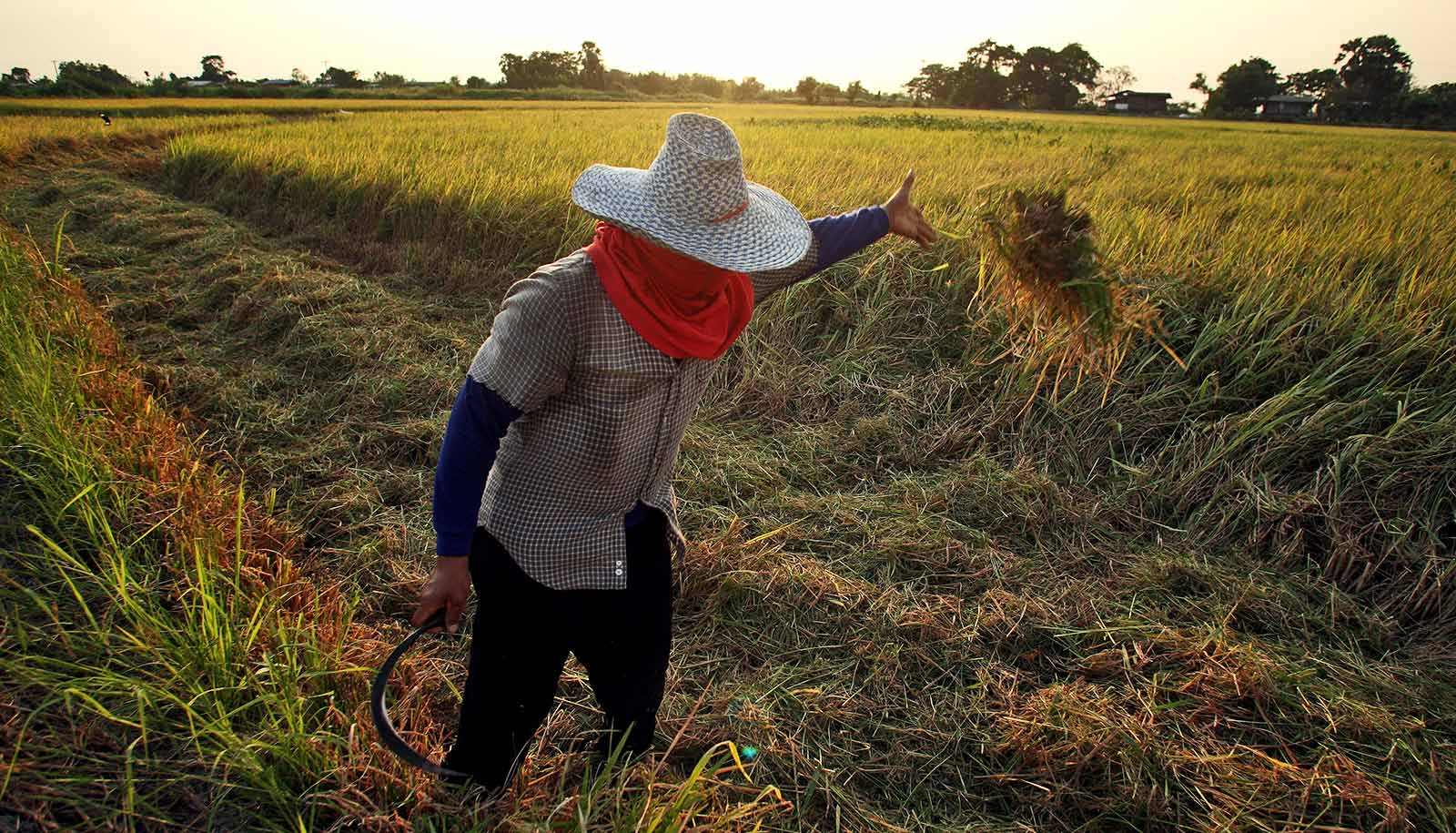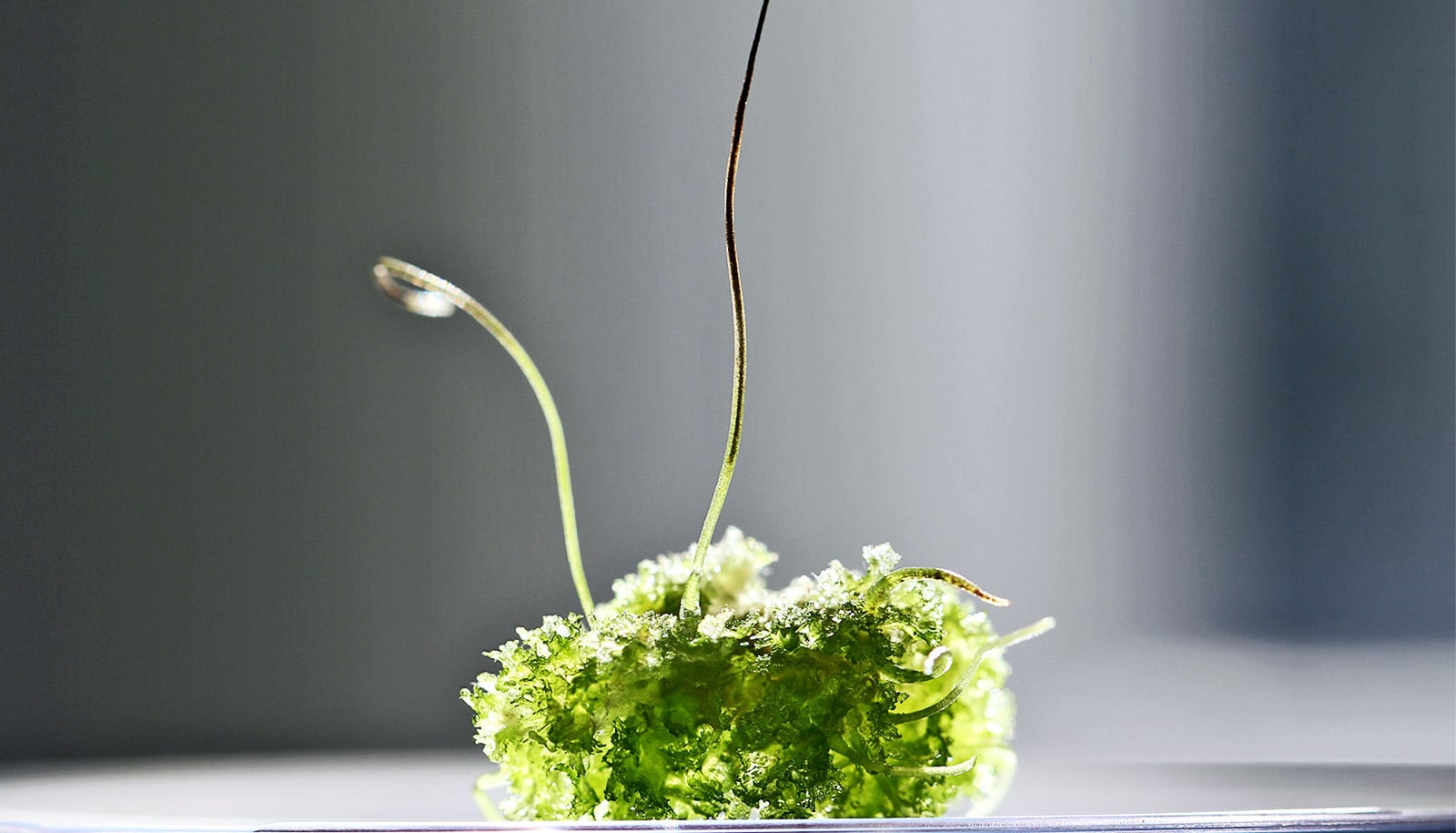Scientists produce a reference map of human protein interactions
Scientists produce a reference map of human protein interactions, releasing data helpful for understanding diseases including cancer and infectious diseases such as COVID-19.
April 8, 2020 • ~7 min
Identification of viruses and bacteria could be sped up through computational methods
A new multinational study has shown how the process of distinguishing viruses and bacteria could be accelerated through the use of computational methods.
March 30, 2020 • ~4 min
Removing the constraining requirements at gene editing site
Investigators at Massachusetts General Hospital have modified the gene editing system, making it possible to potentially target any location across the entire human genome.
March 26, 2020 • ~3 min
Cambridge to spearhead £20million alliance to map spread of COVID-19 coronavirus
The University of Cambridge is to take a leading role in a major national effort to help understand and control the new coronavirus infection (COVID-19) announced today by the Government and the UK’s Chief Scientific Adviser.
March 23, 2020 • ~6 min
Coronavirus: sequencing the DNA of patients screened for coronavirus might save lives
It might protect thousands of people.
March 17, 2020 • ~5 min
How to help red squirrels fight back against invasive greys – with DNA sequencing
Scientists hope to learn what makes certain red squirrels able to survive squirrelpox.
March 2, 2020 • ~5 min
How CRISPR technology is advancing
Fewer off-target edits and greater targeting scope bring gene editing technology closer to treating human diseases.
Feb. 14, 2020 • ~7 min
/
25




